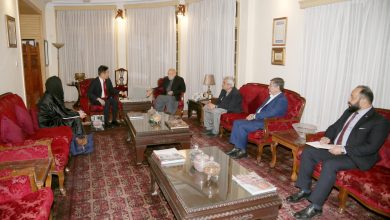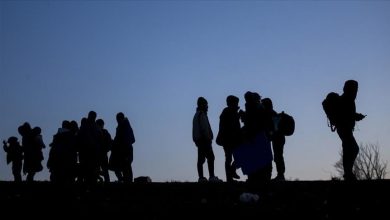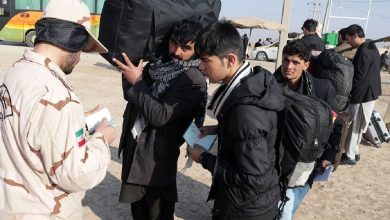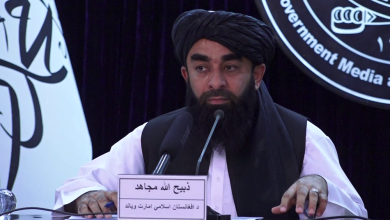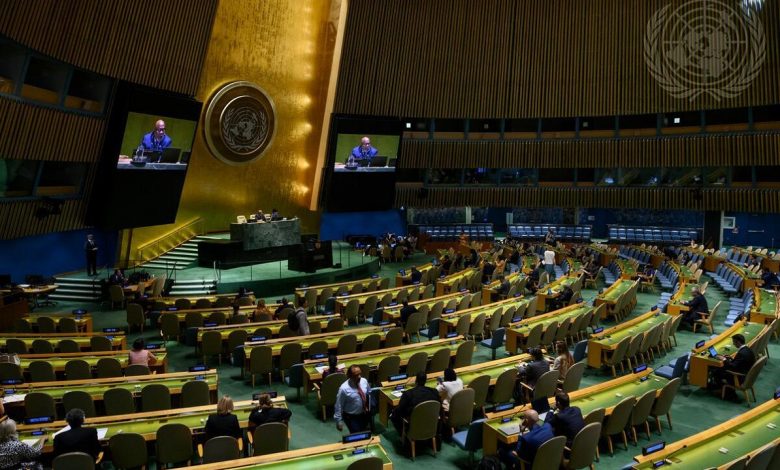
World Leaders’ Speeches on Afghanistan at the United Nations
Sayed Mohammad Raqib Fayyaz
Bayan News – The seventy-eighth session of the United Nations General Assembly has been underway for the past two days in New York City, with the participation of world leaders. In this session, several leaders addressed the current situation in Afghanistan.
Joe Biden, the President of the United States, was the first speaker at the seventy-eighth session of the United Nations General Assembly. He spoke about international developments but did not make any reference to the situation in Afghanistan.
However, leaders such as the Amir of Qatar, the President of Turkey, the President of Iran, the President of Uzbekistan, the Foreign Minister of Canada, the Foreign Minister of Pakistan, and several other political leaders of countries discussed the current situation in Afghanistan in their speeches.
Tamim bin Hamad Al Thani, the Amir of Qatar, stated in this session that Qatar continues to coordinate international efforts to ensure the implementation of the Doha Agreement and prevent Afghanistan from returning to a humanitarian crisis and becoming a safe haven for terrorist groups.
He explicitly stated that Qatar strives for the people of Afghanistan to benefit from international support and assistance, particularly in terms of human rights, minority rights, and women’s rights to education and employment.
Amir of Qatar said, ‘We are also advocating for dialogue in Afghanistan under the auspices of the United Nations. We urge the interim government to adhere to the Doha agreement and refrain from repeating its past mistakes so that the humanitarian crisis in the country does not worsen.’
Similarly, Recep Tayyip Erdogan, the President of Turkey, mentioned in his speech the establishment of an inclusive government that allows all segments of society to live fairly, which will pave the way for stability in Afghanistan.
The President of Turkey emphasized that the people of Afghanistan have endured difficult days in the past half-century and, regardless of political motivations, they are in need of humanitarian assistance and support.
Meanwhile, Ibrahim Raisi, the President of Iran, also emphasized the establishment of an inclusive government and the protection of the rights of minorities, ethnic groups, and religions in Afghanistan in this session.
This is happening while the caretaker government in Kabul has not been officially recognized by the international community for two years.
Most countries in the world are calling for the formation of an inclusive government and the lifting of restrictions on the rights of Afghan women and girls. However, the caretaker government in Kabul has not responded positively to these demands.



